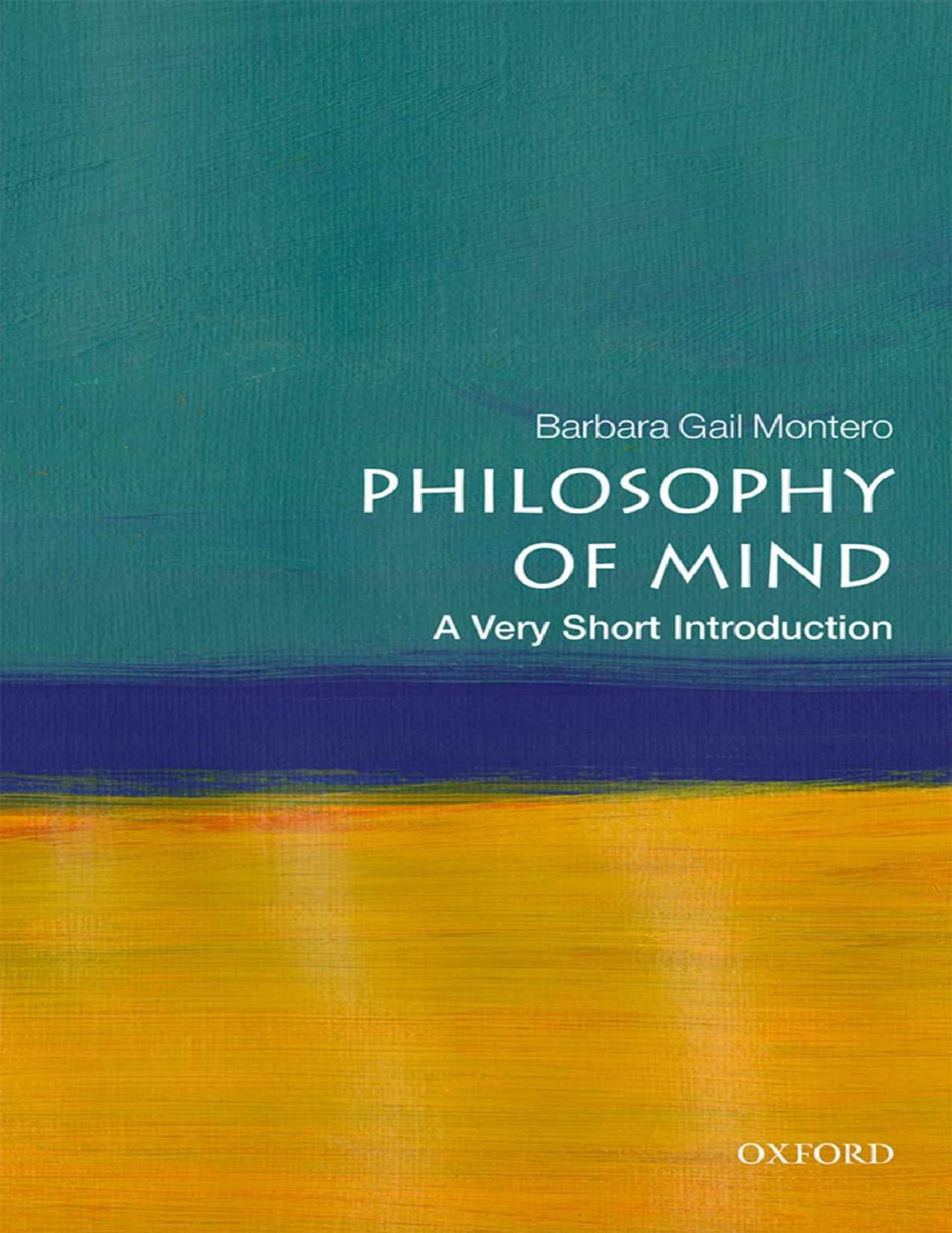
Philosophy of Mind: A Very Short Introduction PDF
152 Pages·2022·8.3177 MB·other
Most books are stored in the elastic cloud where traffic is expensive. For this reason, we have a limit on daily download.
Preview Philosophy of Mind: A Very Short Introduction
Description:
Is the neurophysiology of pain all there is to pain? How do words and mental pictures come to represent things in the world? Do computers think, and if so, are their thought processes significantly similar to our thought processes? Or is there something distinctive about human thought that precludes replication in a computer? These are some of the puzzles that motivate the philosophical discipline called "philosophy of mind," a central area of philosophy. This Very Short Introduction introduces the philosophy of mind, and looks at some of the most interesting and important topics in this fascinating field, including the mind-body problem and dualism. Barbara Montero also discusses minds other than our own, and the problems associated with defining consciousness in animals, aliens and machines. Considering these and other such thorny issues such as physicalism and intentionality, she demonstrates how questions of the philosophy of mind also infiltrate disciplines outside of philosophy, including psychology, neuroscience, economics, evolutionary biology, and linguistics. As she observes, most everyone, at some time or another, has ruminated over the relation between mind and matter. ABOUT THE SERIES: The Very Short Introductions series from Oxford University Press contains hundreds of titles in almost every subject area. These pocket-sized books are the perfect way to get ahead in a new subject quickly. Our expert authors combine facts, analysis, perspective, new ideas, and enthusiasm to make interesting and challenging topics highly readable.
See more
The list of books you might like
Most books are stored in the elastic cloud where traffic is expensive. For this reason, we have a limit on daily download.
